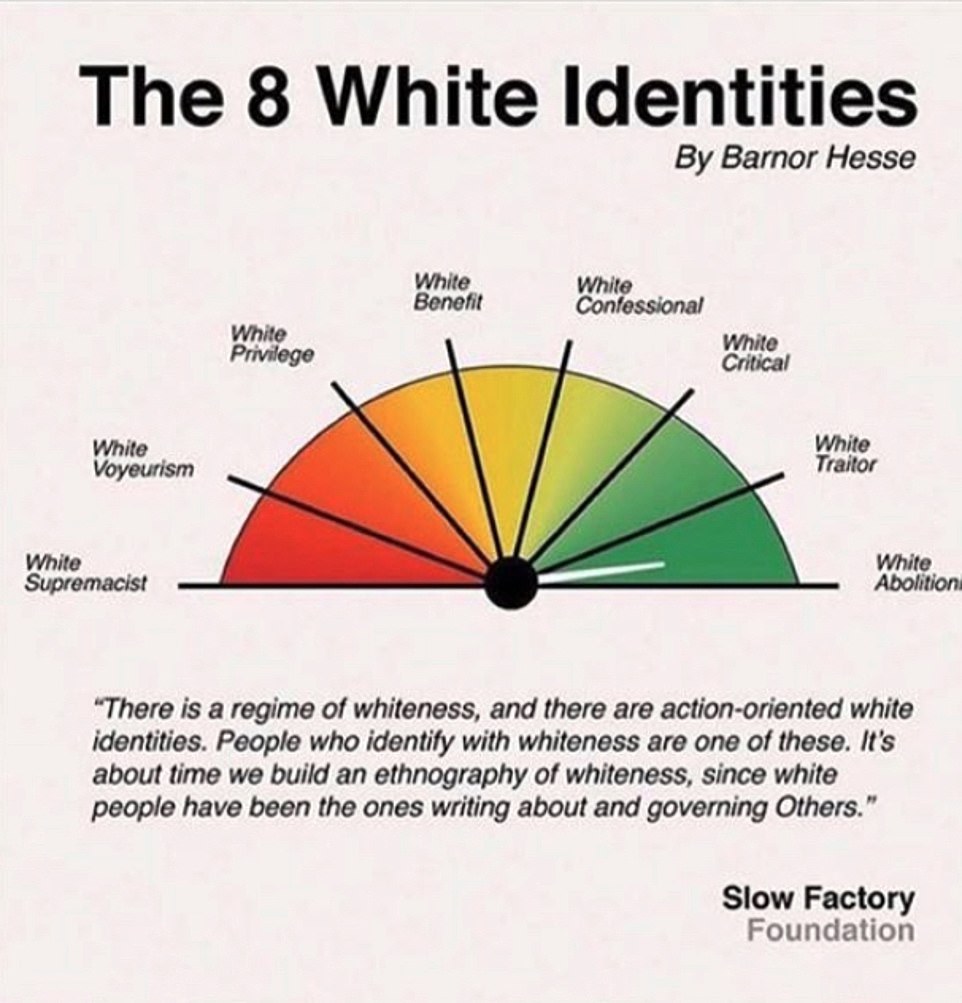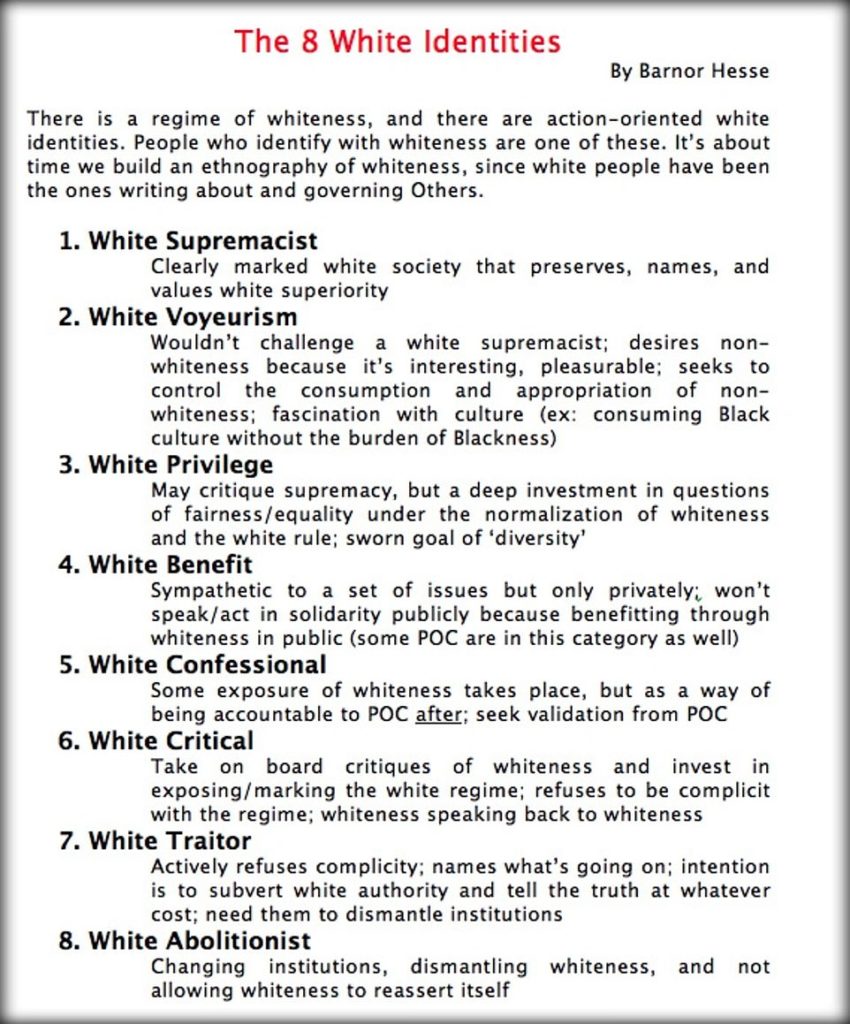I have never understood why people give themselves deadlines on activities which require no deadlines: “I have to get my hair cut this week” or “I need to do the laundry today” and “I must finish my book before Saturday” and so on. Other than an attempt to impose some kind of self-discipline over chronic procrastination, all this does is add a layer of stress into one’s life — all the more so because it’s both needless and self-imposed. An ex-boss of mine put it in perspective, speaking purely of business matters and not of obvious crisis situations: “There is no decision can’t be improved by waiting till the next day.”
Over at Insty’s place, Mark Tapscott posted a long letter from a friend who is grappling with the fact that his kids — and the kids of many of his upper-middle-class neighbors — will not be attending public school anytime soon, thanks to the teachers unions’ unnecessary obsession with the health risks of their members being exposed to the germ-laden petri dish that is the average school. (It’s definitely worth going over there and reading it.) Leaving aside the obvious retort that other workers (in supermarkets etc.) seem to have had few problems in this regard, I want to focus instead on one aspect of this hapless parent’s dilemma. Here’s the part that got me thinking:
“And, for the families who either cannot leave a job or are not interested in what has been proposed by the public school systems, they are either spending tens of thousands of dollars per year on private education or are now for the first time acquainting themselves with homeschooling options. I will also add that in many cases, private schools are full and homeschooling curriculum options are sold out leaving families with no idea what they will do in a few weeks.”
Somebody needs to sit this harried man down and explain one of the most beneficial aspects of homeschooling: there are no deadlines. The “few weeks” he’s talking about is an artificial construct: schools say that the new semester must begin on September 7, therefore that’s when education should begin. Of course, that’s utter nonsense if you’re not chained to the public (or any) school system: your kid can take up classes on September 7, or October 15 (or tomorrow, for that matter) — because given the glacial speed of public education, the kid will catch up with, and overtake, his former classmates in a matter of weeks. (Remember that the entire middle- and high school mathematics curriculum — all five years of classroom instruction — can be learned by an average student in just over six months, when delivered at their own pace at home.)
I remember the mother of my son fretting about his slowness in getting toilet-trained, and telling her: “I promise you that by the time he’s fifteen he’ll be using the toilet just like everybody else.” And from an educational perspective, whether a kid starts learning in August or September is irrelevant to their future progress.
Everyone seems to want to set deadlines on education: must complete high school by age 18, then go straight to college and finish the undergrad degree in four years, or else “they’ll be left behind” — as though that matters, when of course it doesn’t.
Unsaid in all this, of course, is that if education is truly unshackled from the education establishment, there’s nothing to stop a kid from finishing their undergrad degree by age 18, either, if the kid is smart enough and motivated enough — because just as homeschooled kids of high-school age typically finish twelfth grade earlier than their classroom-educated contemporaries, the appearance of online university-level classes (delivered either by streaming or by DVD) means that the homeschooled college student could finish their degree in two years and not the more common four.
The only thing that holds parents back from homeschooling is their own sense of inferiority — that somehow, even college-trained adults can’t teach their kids mathematics (the discipline which frightens parents the most). Let me assure you all right now: with the proper course materials, anyone can teach their kids anything.
And best of all, there’s no need to feel pressure to do it by any specified date — hell, you can even learn the stuff with your kids as you go along, and how bad can that be?




